A traditional Jewish funeral is simple and not ostentatious
“You have to be realistic. We happen to live in an area where even a small piece of real estate is expensive,” said Mark Hyman, senior rabbi at Tikvat Jacob in Manhattan Beach, who also serves as chair of the Funeral Practices Committee of the Board of Rabbis of Southern California.
But many Jews don’t want to be realistic when it comes to paying for funerals.
Perhaps it’s denial, a sign of reluctance to accept death, let alone finance it. Never mind that other lifecycle observances
Or perhaps it’s a fear of the potential ruses and abuses we’ve heard about in the funeral industry, many of them exposed in Jessica Mitford’s 1964 groundbreaking book titled, “The American Way of Death.”
Today, however, the funeral industry is highly regulated by both the federal and state governments
The “Funeral Rule,” stipulating how funeral professionals deal with consumers, was enacted by the Federal Trade Commission (FTC) and put into effect in 1984. This has brought transparency to practices previously shrouded in secrecy; “Funerals: A Consumer’s Guide” is available online.
The Funeral Rule also requires funeral homes to give consumers who appear in person a detailed, printed list of merchandise and services, known as the “general price list.” If requested, a funeral home director must also quote prices over the phone. This allows consumers to more easily and accurately compare prices among funeral homes so they can select only those goods and services they want. Caskets and other items also must be allowed to be purchased from outside sources without incurring a handling fee.
The California Department of Consumer Affairs’ Cemetery and Funeral Bureau’s “Consumer Guide to Funeral & Cemetery Purchase,” spells out state law. Although those laws are applicable to all mortuaries, they do not pertain to cemeteries operated by religious organizations. That booklet, too, is available online.
In Southern California, the Board of Rabbis’ Funeral Practices Committee works with clergy, funeral industry representatives and the Jewish community to set standards, address issues and, as best as possible, nurture “a sacred and positive spirit of cooperation,” according the committee’s mission statement.
To that end, the committee has set a standard honorarium of $500 for unaffiliated families to pay ordained rabbis for officiating at Jewish funerals. Hyman said it is meant to represent the “time, energy and commitment that a rabbi should be giving to a family.”
The committee is also looking into the status and condition of various distressed or closed local Jewish cemeteries, among other priorities.
It’s difficult, if not impossible, to know what funerals generally cost. The national average cost of a Jewish funeral is not available, as the Jewish Funeral Directors of America keeps no records, according to executive director Florence Pressman.
And the national median cost of a funeral in America
In Los Angeles, estimated costs for a traditional Jewish funeral range roughly from $3,500 to $4,500, including the casket but not the plot or the rabbi’s services. The price can be less, with package deals available through some mortuaries. But higher costs can also be easily incurred.
For example, a plain pine casket costs $700 to $900, while some all-wood caskets
As for land, the price for a single plot can range from around $2,000 in some cemeteries to as high as $35,000. And the price of a large estate, depending on the number of spaces allotted, can go as high as a family wishes to spend, commanding as much as half a million dollars.
“It’s location, location, location,” Mount Sinai’s general manager Len Lawrence said.
Despite the familiar real estate refrain, however, it’s worth noting that what you’re buying is the right to inter
The cost of a plot, by law, also includes a certain percentage mandated for endowment care to ensure cemetery upkeep in perpetuity. That amount
Some cemeteries, such as those owned by Chevra Kadisha Mortuary, are nonendowment care entities.
“Our cemeteries are older and more Orthodox,” said Yossi Manela, a Chevra Kadisha funeral director. “They’re more affordable, but they’re not for everyone.”
A burial vault is another expense that is often questioned. The container, which is usually made of cement and encloses a coffin, is not mandated by California law, but is required by many cemeteries to prevent the ground from settling and forming sinkholes and to facilitate maintenance. “Most cemeteries are referred to as memorial parks and have beautiful grounds. The vault allows for the park-like atmosphere,” said Ira Polisky, Eden’s family service manager.
To save money, some people buy plots from third-party sources. Plots offered for sale can be found in the newspaper classified ads
Caskets also are sold through online distributors or retail stores. ABC Caskets Factory, for example, located in downtown Los Angeles, is a casket manufacturer and not merely an online store. The company offers same-day delivery to mortuaries within a 30-mile radius, accommodating families who are arranging next-day funerals in accordance with Jewish tradition.
“Our Jewish caskets are all ready. It’s no big deal,” said Isabelle Conzevoy, wife of owner Joey Conzevoy.
Online and retail sellers, however, are not regulated by the same federal and state laws that govern funeral establishments, though they are subject to state and local business laws.
However, a concern was voiced about third-party purchases. “But what do you do if the casket arrives dented or damaged?” asked Moe Goldsman, funeral director and mortuary manager at Sholom Chapels Mortuaries and Sholom Memorial Park.
For the indigent, the Jewish Community Burial Program, offered through Jewish Family Service of Los Angeles, provides a traditional Jewish burial at no cost, with participating Jewish mortuaries and cemeteries donating many of their services. (The toll-free contact number is (887) 275-4537.)
“No one should have to make an un-Jewish and undignified choice because of cost,” Funeral Practices Committee chair Hyman said.
Additionally, some cemeteries, including Hillside and Mount Sinai, do not charge for the burial of a child. “The family has enough tzuris (trouble). They don’t need any more,” Mount Sinai’s Lawrence said.
Still, the fact is, sooner or later, all of us are going to deal with the reality
“It’s part of our life experience. Death is really another chapter in our life and is to be treated with the utmost sanctity,” Hyman said.

Caves of Abraham, Mount Sinai Memorial Park, Simi Valley
Planning Ahead
Rabbis and Jewish community professionals have long trumpeted the advantages of preplanning for end-of-life exigencies.
It’s not always an easy sell.
“We live in psychological denial that we are going to die someday, although we mentally understand,” said Rabbi Elliot Dorff, rector and philosophy professor at American Jewish University, who also serves as halachic consultant at Mount Sinai Memorial Parks and Mortuaries.
“That’s perfectly healthy, but not OK if it prevents us from making preparations for death,” he added.
The Funeral Practices Committee of the Board of Rabbis of Southern California, which acts as a liaison among clergy, families in need and the Jewish funeral industry, takes a strong stance on this issue.
“For parents, [planning ahead] is a gift of love for your family, not just financially, but also spiritually and emotionally,” said Mark Hyman, senior rabbi at Tikvat Jacob in Manhattan Beach and Funeral Practices Committee chair.
Ron Sobol, 54, took action after his mother’s death, soon after which he also received a flyer from Adat Ari El announcing a sale of cemetery plots the synagogue had purchased at Eden Memorial Park.
“When a parent dies, you feel a little bit more mortal,” Sobol said.
Sobol met an Adat Ari El representative at the cemetery, viewed plots in three locations and purchased companion
“It seemed like the right thing to do,” Sobol said.
For people who want a traditional burial, selecting a cemetery is usually the first step. Choosing a particular plot or crypt, which is a space in a mausoleum or other building, follows.
Those set on Hillside Memorial Park or Mount Sinai Memorial Park’s Hollywood Hills location might not want to drag their feet. In 25 years or more, both expect to be out of room.
“Sold out, not filled,” Mount Sinai general manager Len Lawrence specified.
But the situation isn’t dire.
Mount Sinai opened its 160-acre Simi Valley location in 2002, giving it space for the next two centuries, according to Lawrence. Hillside is actively looking for new property, CEO Mark Friedman reported. And Eden Memorial Park, which was purchased by Service Corporation International in 1985, is “good for 100 years-plus,” said general manager Anthony Lempe.
No national statistics are available concerning the number of Jews who make advance burial preparations, but according to representatives at Mount Sinai, Hillside and Eden, the three largest cemeteries that serve the multidenominational Los Angeles community, it’s a clear majority.
“This is going to happen to all of us, and if you do your thinking and decision making at a time when you can all be open and rational and truly together, you make much better decisions,” Hillside’s Friedman said.
In addition to the plot, preplanning can include selecting the casket and, if desired, a shroud. Plus, certain services, such as taharah (the ritual cleansing) and shmira (guarding the body) can be prearranged. Even flowers can be ordered in advance.
Mortuaries generally take care of the casket and additional services. Certain cemeteries, including Hillside, Mount Sinai and Sholom, have their own mortuaries. Others are independent but work cooperatively with all cemeteries.
Fewer people, however, prepay the mortuary expenses.
“It’s really a personal decision based on a family’s current financial position,” said Helaine Cohen, a certified public accountant.
She explained that families struggling with mortgages, college tuitions and other day-to-day expenses may be better off waiting until the children leave home. Other families, with one or both spouses working, may be better positioned to pay for these expenses when their income is more substantial, before they retire.
Cohen herself admits that she and her husband have not discussed buying plots. “We just turned 50,” she said. “That’s the age to address long-term health insurance.”
But people can make many end-of-life decisions without actually prepaying for them. Most mortuaries, in fact, will
keep these preferences on record. Additionally, writing wills and creating other financial and health care directives are really part of the preplanning process, with some of these documents not subject to delay.
“I frankly think
Dorff also recommends that parents, as they get older, write an ethical will, essentially a letter to their children specifying their life values. Additionally, he advises compiling a family history.
But people can’t preplan in a vacuum.
“It’s interesting. We encourage people to preplan, but first you have to do education,” said David Zinner, executive director of Kavod v’Nichum, the national nonprofit organization dedicated to restoring Jewish death and bereavement practices.
Generally, end-of-life education takes place in the synagogue, encompassing a session or two in a Jewish life-cycle curriculum. It’s also a popular sermon topic during the Yom Kippur Yizkor (memorial) service.
Kavod v’Nichum itself sponsors an annual conference on chevra kadisha (a holy society that prepares the body of the deceased for burial) and related topics such as chaplaincy. The organization’s next conference, in June 2009, is targeted for the West Coast, possibly Los Angeles, according to Zinner.
Moe Goldsman, funeral director and mortuary manager at Sholom Chapels Mortuaries and Sholom Memorial Park, holds a seminar annually after the High Holy Days to educate people about preneed. This year it’s scheduled for Oct. 26 at Sportsmen’s Lodge in Studio City.
And Sinai Temple is hosting a one-day seminar on death and dying on Feb. 22, 2009, open to the community. “We hope to help people begin a discussion,” said Terry Wohlberg, co-founder of the synagogue’s chevra kadisha.
A conversation about these issues, whether people actually make advance arrangements or not, can do more than ease future burdens on the survivors. It can have real-time
Producer Cathee Weiss works with individuals who want to create film biographies, sitting down with them to discuss the life lessons they wish to impart to their progeny.
“There’s always reflection on the big values,” Weiss said. “The notion of what we’re going to leave behind makes all of us a little more conscious of living a life of worth, of value, of integrity.”






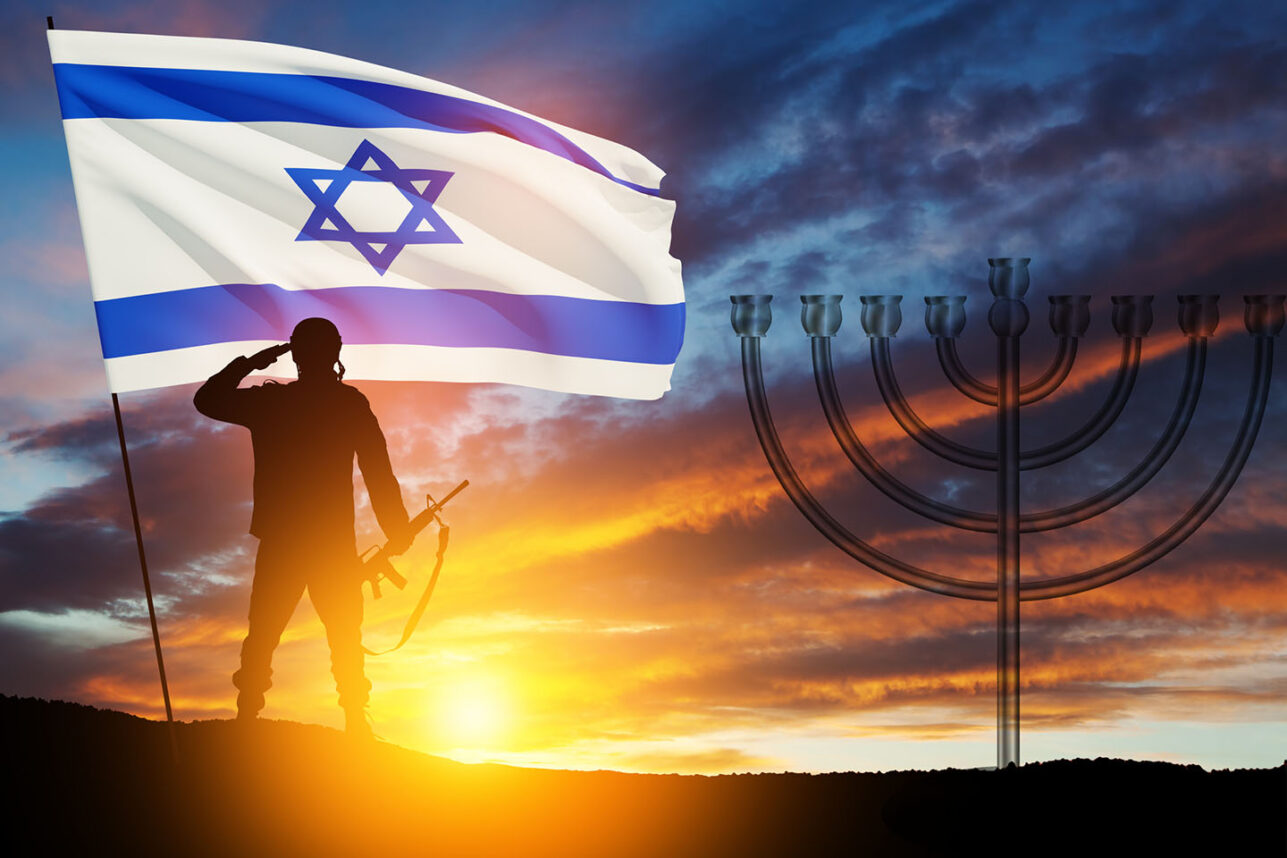
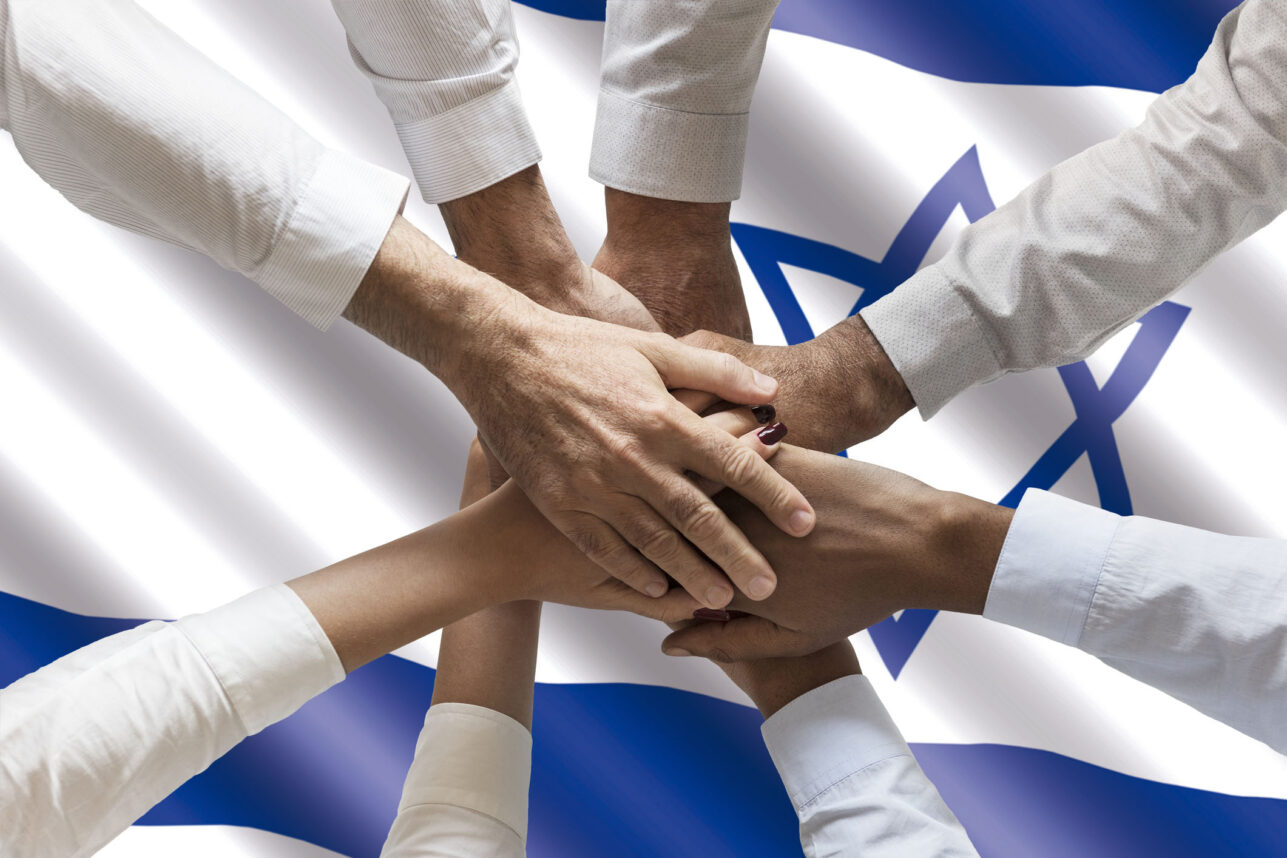
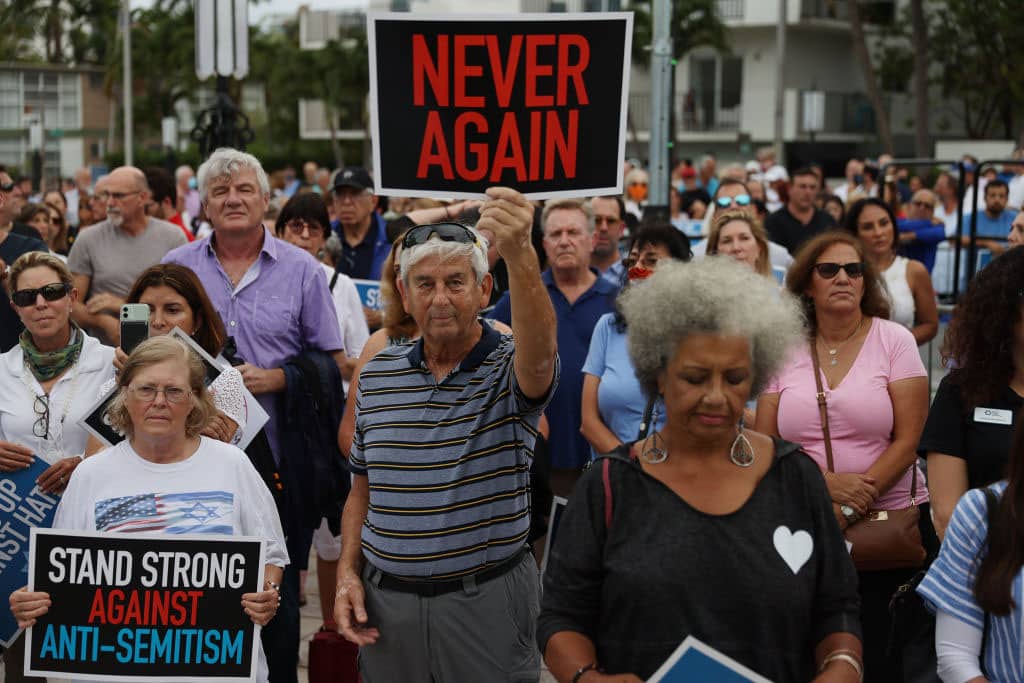


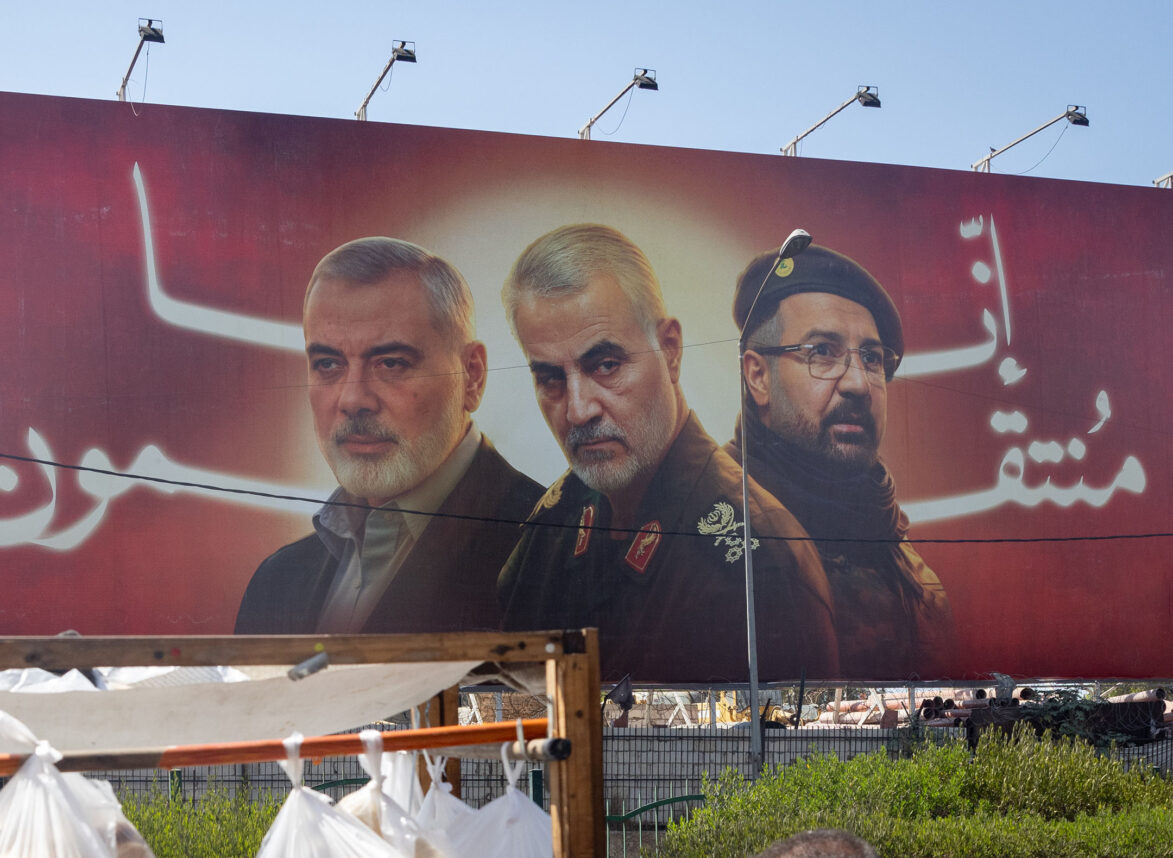

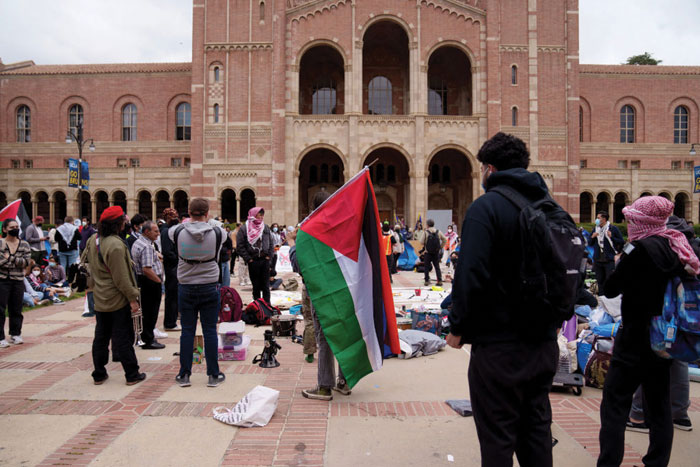
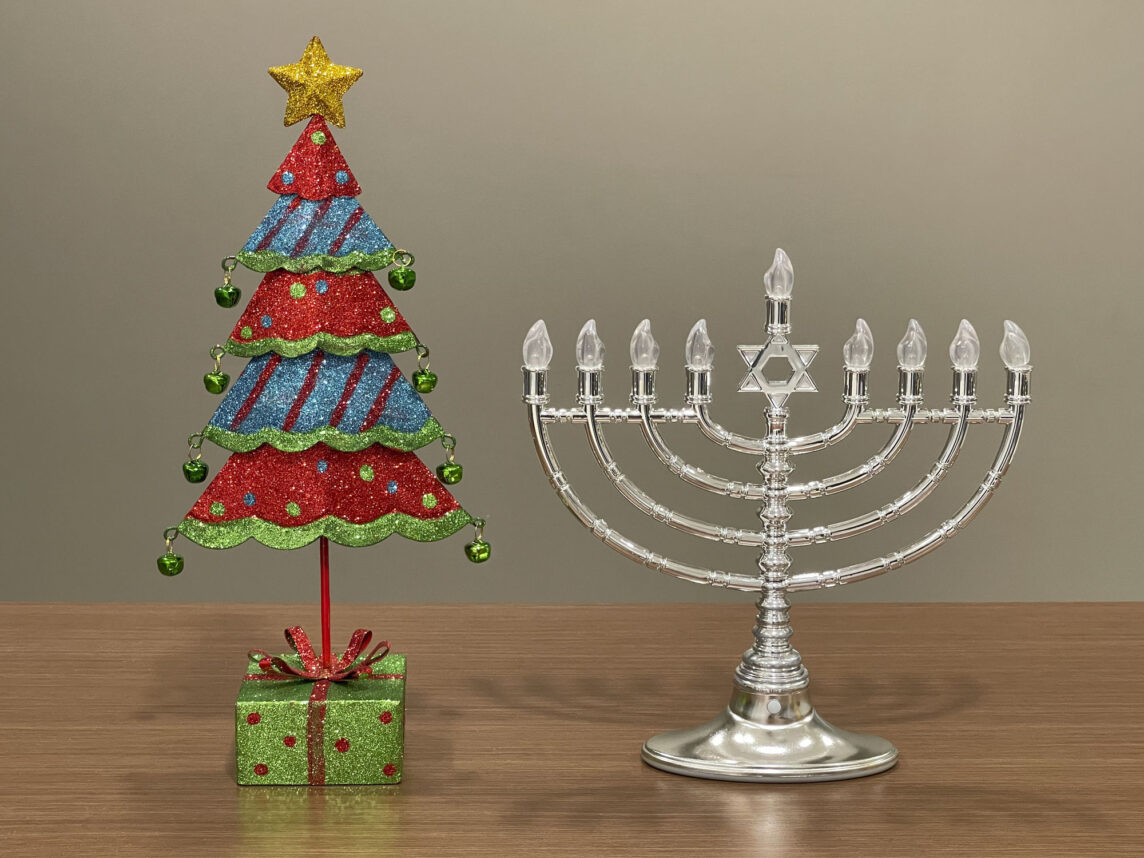
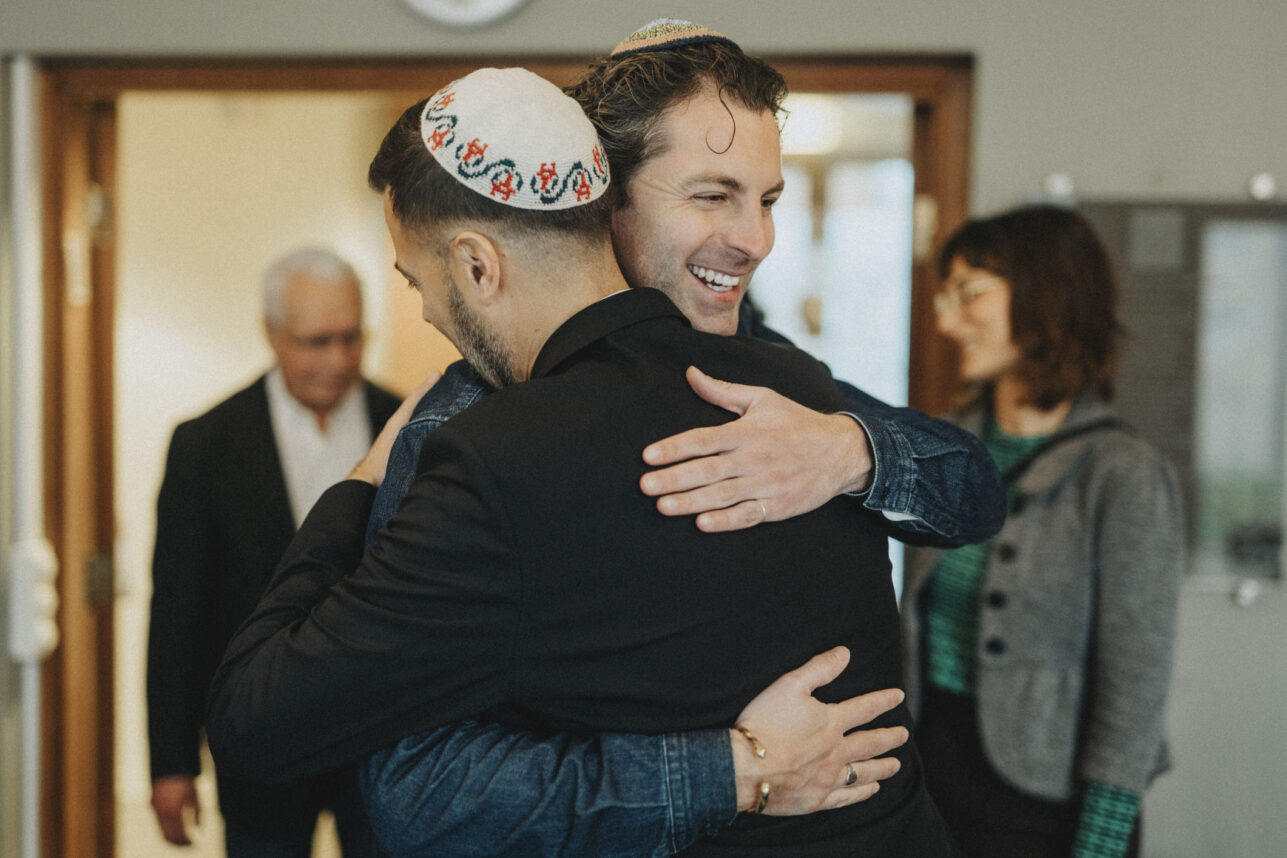





 More news and opinions than at a Shabbat dinner, right in your inbox.
More news and opinions than at a Shabbat dinner, right in your inbox.